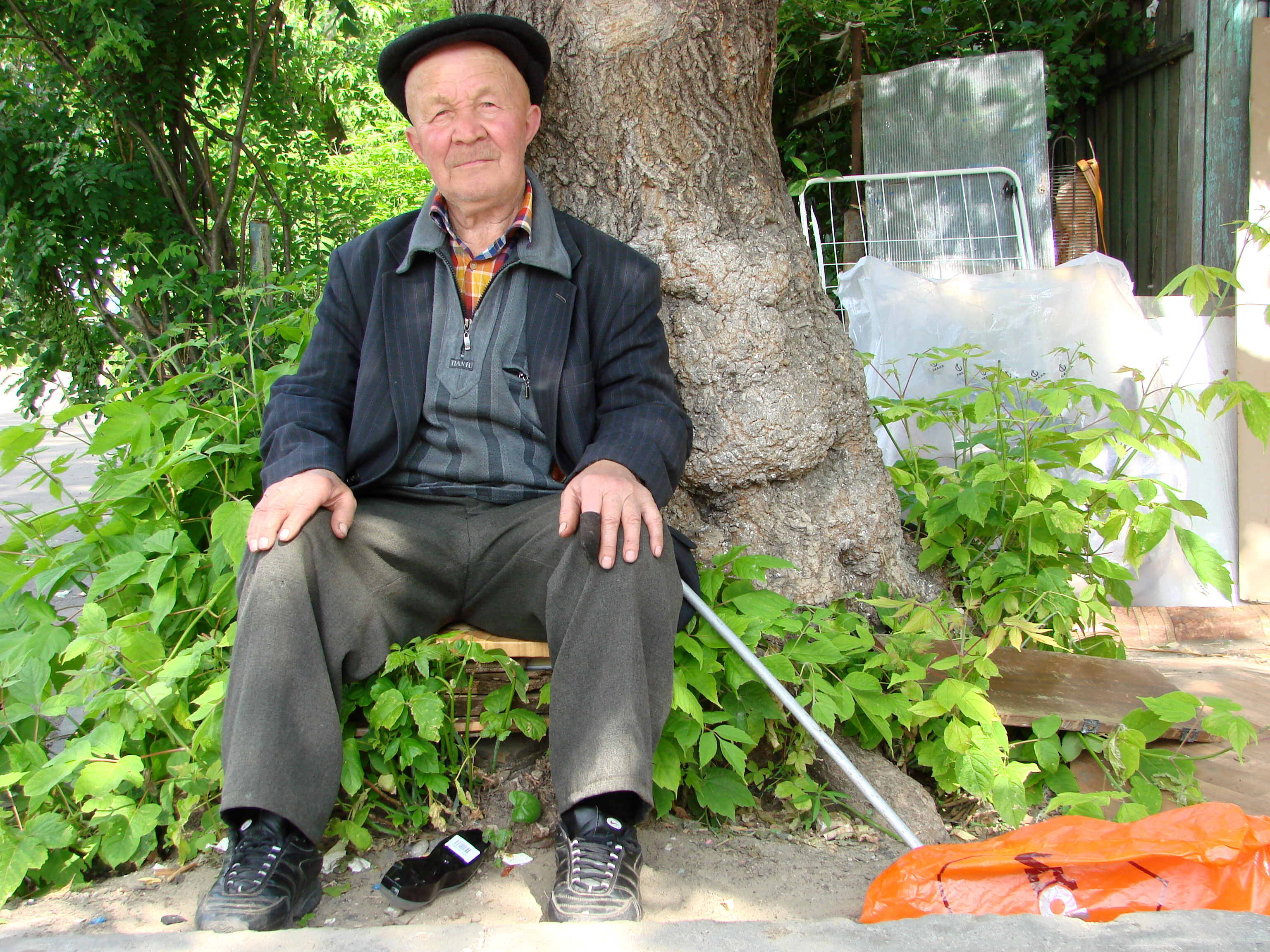LAYERS OF CLAY
![]()
Some months ago, on one of the most bitterly cold Pittsburgh afternoons in recent memory, I sat in my car at a red light. Layers of coat and fabric covered me. Hot air blasted from the vent. That was when a man walked up to the passenger side of my car and tried to force his way into my vehicle.
I never would have been on that road, at that light, but my gas tank was almost empty after teaching two political science classes at the University of Pittsburgh. The closest option to refuel was a gas station in Oakland I would never normally go to.
Hoping for a hot drink to warm my chilled bones, I went inside and snooped around. The cappuccino machine wouldn’t work because they were out of water, presumably because half the utility lines in the city were freezing. Then I couldn’t find the drink I was looking for and it took way longer than it ever should have for a quick stop. Trivial details, these, but fate often hangs upon the butterfly flutters of timing.
After pumping gas, I didn’t know how to get out of the tight lot for a minute but finally discovered an exit onto a side street.
In the rear view mirror, as the light was getting ready to turn green, I saw a hobbled man walking on the road. He approached the car behind me and grabbed the handle. The driver ignored him, staring straight ahead. He did not appear to be begging. My heart pumped a beat stronger. I sensed he was coming for me next.
He pounded on my window with his gloved hand.
I don’t know what winter temperatures are like in your neck of the woods, but the thermometer read single digits that day. You should never be able to describe the weather in numbers used for children’s birthday cards. The windchill had been down so low that the high temp the day before had been zero. Forget bitter cold, that weather was biting, its swirling flecks of snow like razor sharp teeth looking to take a chunk out of your skin.
His voice was muffled. I peeked at the street light, still red, and rolled down my window a third of the way. He reached his hand directly in and went for the inner latch to unlock the door. As he tried to just get right in my vehicle, I was a little surprised, so I shook my head no. I don’t have push button windows like my fellow humans in the 21st century, so I had to reach over, brushing his hand back as I cranked the window back up to a crack, as if communicating with a prisoner in the gulag.
He wasn’t saying anything intelligible. Was he drunk? I didn’t know what to do, and then I realized he couldn’t speak English. He waved a hand at me in disgust as I rolled up the window saying “No, you can’t get in my car.”
Then I saw him take two steps, saw the boniness of his aged knees through brown slacks. He struggled to even step over the puddles of half ice, half slush formed between the road and the sidewalk. He moved so rigidly and slowly it was as if his entire body were turning to ice. I saw how far and terrible a walk would be on a day like this.
The light had turned green, but my face had turned red. I was a bad person.
The vehicle behind me honked and drove around me as I idled in front of a green light, quickly winding my window down and imploring the man to please get into my car. I opened the door and helped him in. The menacing air outside snapped at us.
He said his name was something that sounded like Archlow. “I am Archlow. From Moscow,” he rhymed.
He spoke deliberately and sunk into the seat. As he looked at me behind his dark glasses underneath an Elmer Fudd hat, I saw dried and frozen tears caked against his face. He was holding his knee, expressing pain. My heart felt like his knee.
How long had he suffered outside in the cold? How many people had he reached out to for help only to be shunned as I had nearly shunned him–a strange and scary old man so in need of help he desperately attempted to open doors on random cars in the middle of a city street.
He was able to tell me “One stop. We need to go one stop.” His Russian accent elongated the “o” in the word “stop” and made it sound like he had stuffed the word “hope” in there.
I couldn’t understand anything he said. “Francais?” he asked hopefully.
I scanned my memory banks for the handful of phrases I recalled from 8th grade French when my adopted name had been Gregoire. “Non,” was all I could muster.
I longed to know any language that could help. I wanted to take him wherever he needed to go, not just to a bus “st-hope.” I reached deep into my memories, snatching at Russian phrases from Checkov on Star Trek or Alexei who I knew back in youth group days or Rasputin from Disney’s Anastasia.
I was able to drive him in 60 seconds what would’ve taken him a painful half hour, at least, to painstakingly walk. He pointed to the bus stop, trying to thank me.
As he was getting out of the car, very slowly, he looked at me and said this in his thick accent: “I will take a picture, small photo. Thank you.”
And I think what he was saying was he would not forget. He would brand the image of my kindness into his mind.
I hope that in heaven God has a scrapbook the size of Iowa filled with all the most amazing snapshots from our lives, especially ones with strangers like Archlow who we only get to know for about as long as it takes a frozen tear to evaporate in a toasty car.
I wanted to hug him. Instead, I patted him on the knee and said, “Do svidaniya.”


